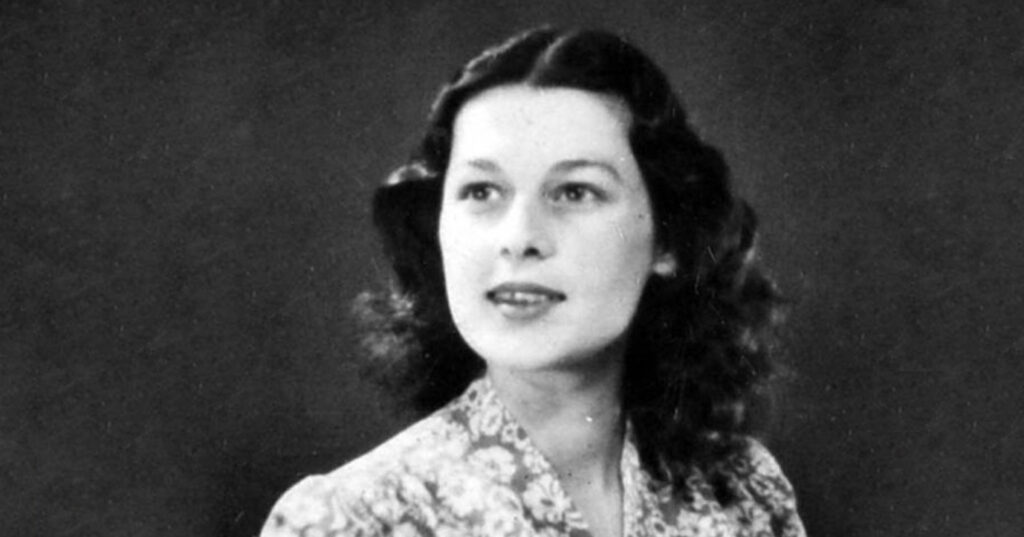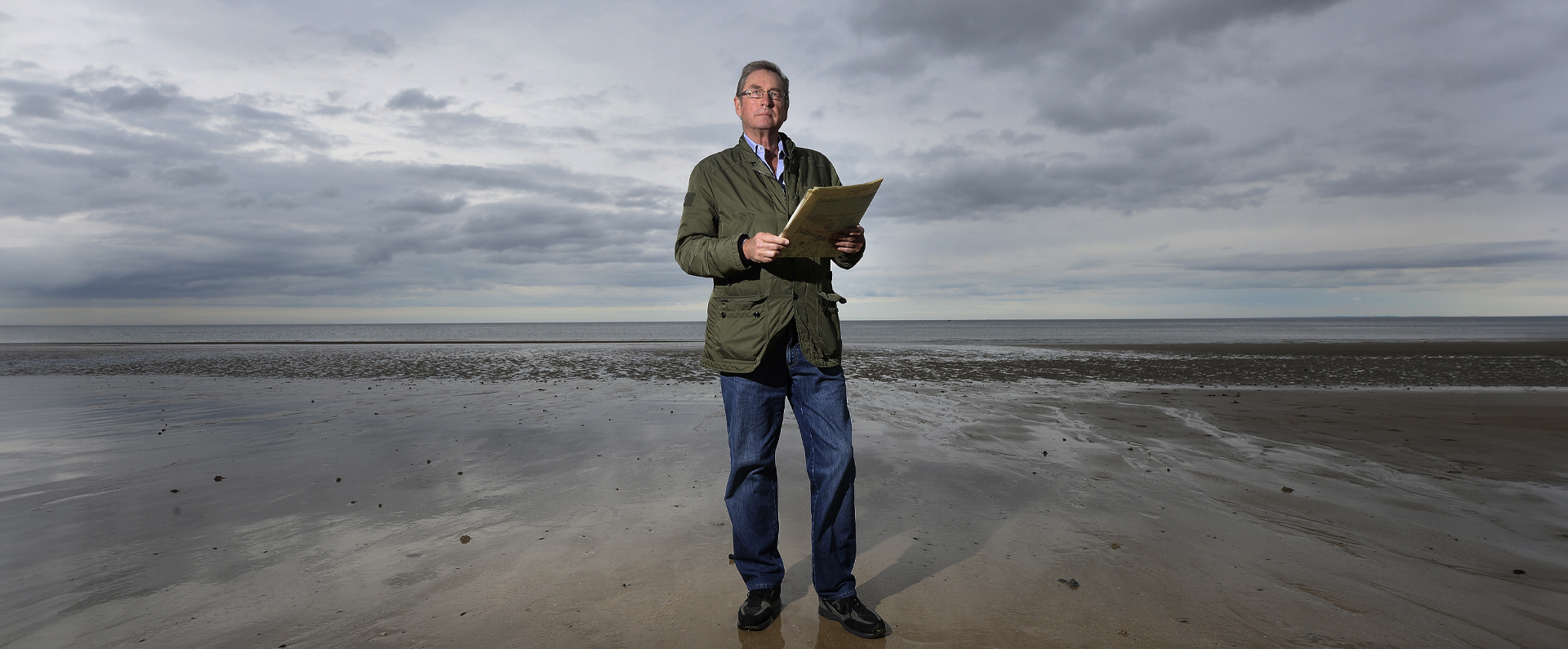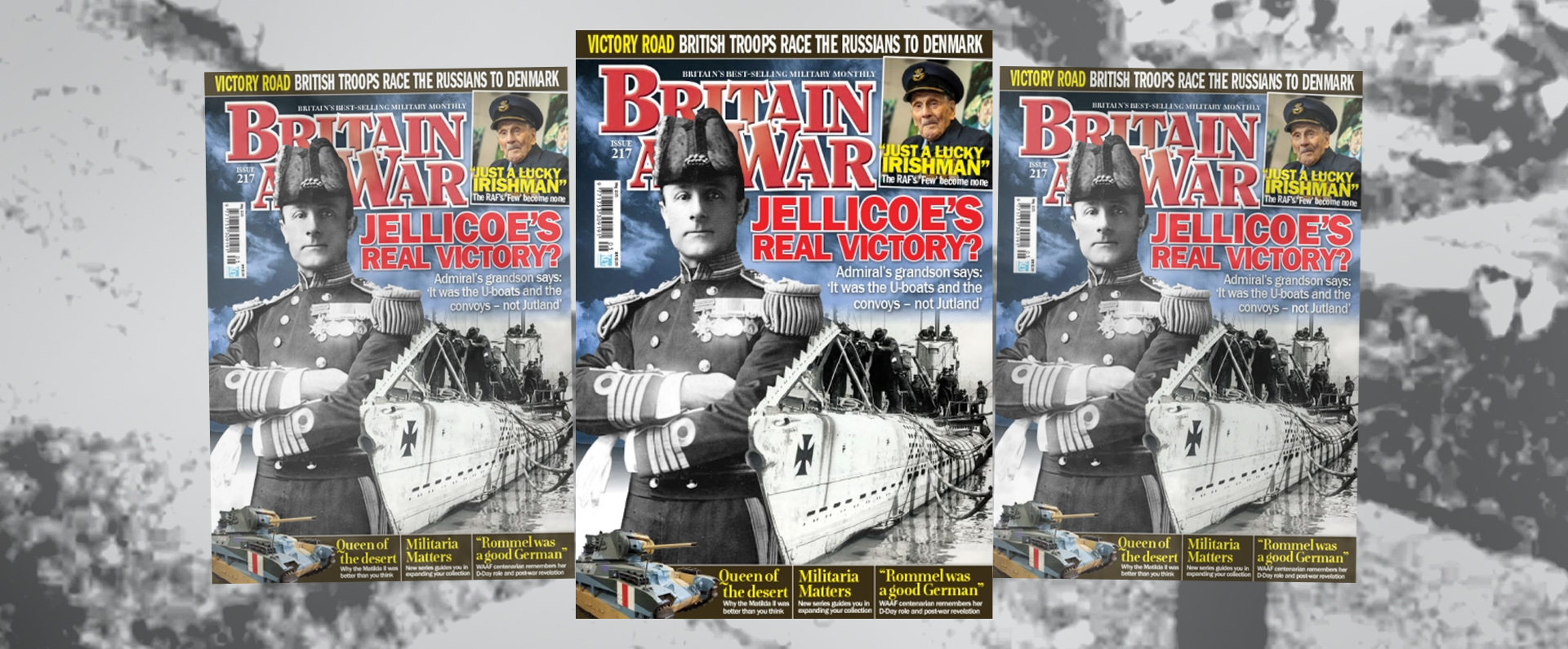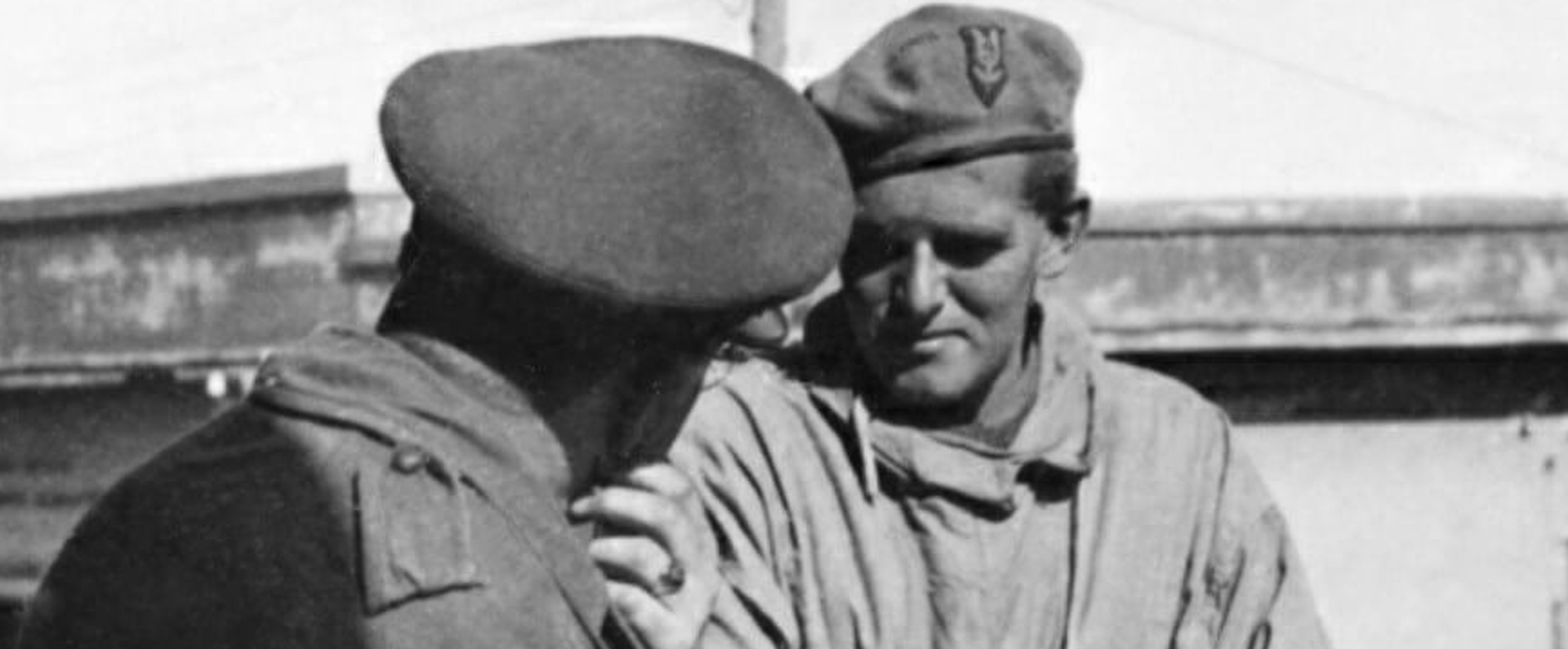
Published in the Daily Express on 05 October 2015.
Ensign Violette Reine Elizabeth Szabo
Her astonishing bravery during the Second World War resulted in a posthumous George Cross (GC), biographies of her life, a feature film and a museum in her honour.
This week the medals awarded to Violette Szabó will go on public display at the Imperial War Museum in London to honour the courage of the woman who fought with the French Resistance and, after being captured, was brutally tortured by the Nazis.In July, in my role as a champion of bravery and a gallantry medal collector, I purchased Szabó’s medal group at auction, paying a world-record price for a GC.
Today she remains one of only four women in history to receive a direct award of the medal that was created by George VI in 1940 to recognise outstanding bravery not in the face of the enemy.
By becoming the custodian of these treasured awards for Szabó’s courage as an undercover Special Operations Executive (SOE) agent, I guaranteed that the medals would remain in Britain and that they would go on permanent public display for the first time.
Violette Reine Elizabeth Bushell (Szabó was her married name) was born in Paris to an English father and French mother on June 26 1921.
Young, spirited, sporty and with four brothers, her family settled in Stockwell, south London, from 1932.
When war broke out she was still only 18 and had spent four years working as a shop assistant.
From early in the war, Bushell was determined to make her mark and she joined the Land Army.
On July 14 1940 and to mark Bastille Day, Bushell’s mother urged her to go to the Cenotaph in central London and invite a French soldier home for a meal.
The man she asked home, Sergeant Major Etienne Szabó, a member of the French Foreign Legion, fell in love with her and less than six weeks later – on August 21 1940 – they were married in Aldershot, Hampshire.
He was 30 and she was 19. Soon, however, Szabó’s husband had to go to fight in North Africa and they did not see each other for a year.
After being briefly reunited in Liverpool in the summer of 1941, Etienne Szabó had to return to duty.They never saw each other again: she was pregnant when he departed.He was killed at El Alamein in October 1942, four months after the birth of their only child, Tania.Late in 1942, the SOE, which had been set up in 1940 with the aims of sabotage and subversion behind enemy lines, became aware of the recently-widowed Violette Szabó.In 1943, she was recruited to them and, despite the risks, she was desperate to return to France and gain revenge for her husband’s death.
During the run-up to her first mission, Szabó, who spoke fluent French and was a good shot, met Leo Marks, the SOE code master: all agents were trained to code and decode messages.
Marks apparently gave Szabó as her code poem the verse that he had written after learning that his girlfriend had died in a place crash in Canada.
It read: The life that I have is all that I have/And the life that I have is yours./The love that I have of the life that I have, is yours and yours and yours./ A sleep I shall have, a rest I shall have,/Yet death will be but a pause,/For the peace of my years, in the long green grass,/ Will be yours and yours and yours.
Her first mission took place two months before D-Day.Having been given a false identity, she was dropped into France on April 5 on a high-risk operation to act as a courier for the French Resistance.Szabó carried out her mission calmly and competently: it was so successful that after less than four weeks in France, she was returned to Britain to be reunited with her daughter and her parents.Szabó’s superiors soon had an even more dangerous mission for her.So she made her will and said an emotional farewell to Tania at around the time of her daughter’s second birthday.
Early on June 8 1944, shortly after the D-Day landings, Szabó was back on French soil.
However, on June 10, she was in a car with two Resistance men near Salon-laTour when they hit a roadblock.After a shoot-out, Szabó was wounded and later captured.Despite her injuries, she was taken to the military prison in Limoges and tortured.Eyewitnesses saw her limping across the courtyard to the Gestapo offices for her twice-daily interrogations.The conditions in which Szabó was kept during her detention were appalling and her health suffered.
She was eventually transferred to Ravensbrück in Germany, a concentration camp for women.
Some time between January 25 and February 5 1945, three women – Szabó and two other SOE prisoners – were taken to the execution alley there, where their death sentences were read to them.
Five months short of her 24th birthday, Szabó was shot in the back of the head along with her companions.
Szabó’s GC was announced on December 17 1946, the citation ending: “She was arrested and had to undergo solitary confinement. She was then continuously and atrociously tortured but never by word or deed gave away any of her acquaintances or told the enemy anything of any value… Madame Szabó gave a magnificent example of courage and steadfastness.”On January 28 1947, Tania Szabó, by now five years old and wearing a dress her mother had purchased in Paris on her first mission to France, received her mother’s GC from George VI in an investiture at Buckingham Palace.In 1949, Szabó’s parents, Charles and Reine Bushell, emigrated to Australia, taking Tania with them. S ZABÓ’S remarkable story was turned into a film, Carve Her Name with Pride, based on the book by RJ Minney and starring Virginia McKenna.The 1958 film helped perpetuate the story of the “Code Poem” written by Leo Marks.McKenna was among many who supported an appeal launched in 1998 to start a museum in Szabó’s honour in the grounds of the home of one of the secret agent’s aunts.
This eventually opened in Herefordshire on June 24 2000 – the closest Saturday to what would have been Szabó’s 79th birthday.
I purchased Szabó’s medal group at a Dix Noonan Webb auction in London on July 22, paying £260,000 (plus a buyer’s premium of £52,000), for the honour of becoming the custodian of the awards.
They were sold by Tania Szabó, who is now 73, to help secure her future and meet the cost of a fire at her home.
I was delighted with her public response once she learned that I was the purchaser: “I’m very happy with the result. They’re going into a safe place where people will be able to view them – many thousands of people – so a good result.”
I feel privileged to be the custodian of Szabó’s medal group and I am delighted that it will go on display in the Lord Ashcroft Gallery at the Imperial War Museum from Wednesday.
As her daughter Tania has acclaimed, Szabó lived a life that was “short but lived to the full, with much happiness, joy, some deep sadness and great endeavour”.
Read this article on Express.co.uk
For more information, visit:
LordAshcroftOnBravery.com


